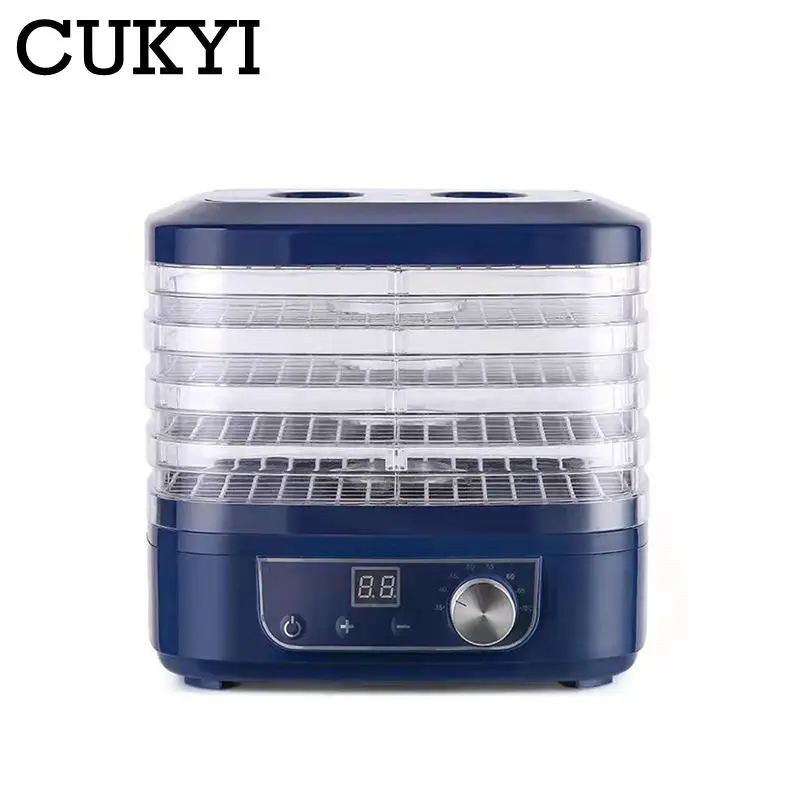Veek M
Disciple
So i'm looking for like minded people who are interested in such things so as to swap ideas and research. There's a lot of complicated mumbo-jumbo floating around and I thought it would help to clarify it. I had made this post on my research into preserving food and I'll replicate it here with any new data I gather: https://www.indiaforums.com/forum/topic/5156853
Please post cheap sources/bulk sellers of stuff.. zip-lock bags, iron powder, 20L cans.
Anyway, so I've been learning a bit about preserving food. Still very much a newbie but my purpose is to find people interested in similar things. +there's a lot of misinformation on the net started by American preppers who do reallycomplicated things like 'Mylar' bags and vacuum pumps - most of it is fairly ridiculous (imho)!
I was so wrong that I added this in: https://www.pnnl.gov/main/publications/external/technical_reports/PNNL-26070.pdf
though I'm not sure 'Mylar' is the solution. https://en.wikipedia.org/wiki/Water_activity
Basically the idea is to remove
1. Oxygen - to kill insects, larvae
2. Remove moisture - to stop fungal growth
Sources of oxygen are external. Source of moisture are internal - via food and external.
So,
1.20L cannister
2. Small zip-lock bags.
3. Iron Powder and salt mixed and spread out flat in a small paper wrapper/envelope.
4. Dry foods
So put the dry-food in a zip-lock bag, put the envelope in it, put the zip lock in a 20L can - then pack it all with salt with a few more envelopes thrown in.
The scientific idea is that salt is hygroscopic and absorbs moisture seeping in - we can always heat it and dry it every few months. Salt+Iron powder absorbs oxygen and rusts.
(to dry wet foods you need a dehydrator but I've not actually got there yet) (hope you find this useful - let me know what you learn/try out please)
A note of caution: don't blame me if you die of botulism - why do you think i'm posting anyhow
Please post cheap sources/bulk sellers of stuff.. zip-lock bags, iron powder, 20L cans.
Anyway, so I've been learning a bit about preserving food. Still very much a newbie but my purpose is to find people interested in similar things. +there's a lot of misinformation on the net started by American preppers who do really
I was so wrong that I added this in: https://www.pnnl.gov/main/publications/external/technical_reports/PNNL-26070.pdf
though I'm not sure 'Mylar' is the solution. https://en.wikipedia.org/wiki/Water_activity
Basically the idea is to remove
1. Oxygen - to kill insects, larvae
2. Remove moisture - to stop fungal growth
Sources of oxygen are external. Source of moisture are internal - via food and external.
So,
1.20L cannister
2. Small zip-lock bags.
3. Iron Powder and salt mixed and spread out flat in a small paper wrapper/envelope.
4. Dry foods
So put the dry-food in a zip-lock bag, put the envelope in it, put the zip lock in a 20L can - then pack it all with salt with a few more envelopes thrown in.
The scientific idea is that salt is hygroscopic and absorbs moisture seeping in - we can always heat it and dry it every few months. Salt+Iron powder absorbs oxygen and rusts.
(to dry wet foods you need a dehydrator but I've not actually got there yet) (hope you find this useful - let me know what you learn/try out please)
A note of caution: don't blame me if you die of botulism - why do you think i'm posting anyhow
Last edited:


